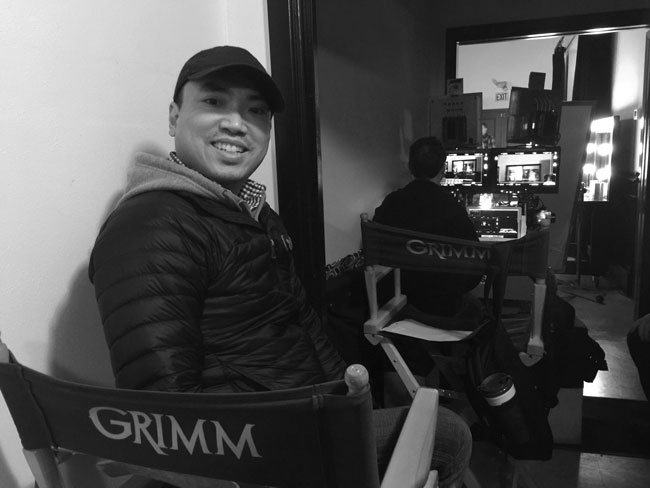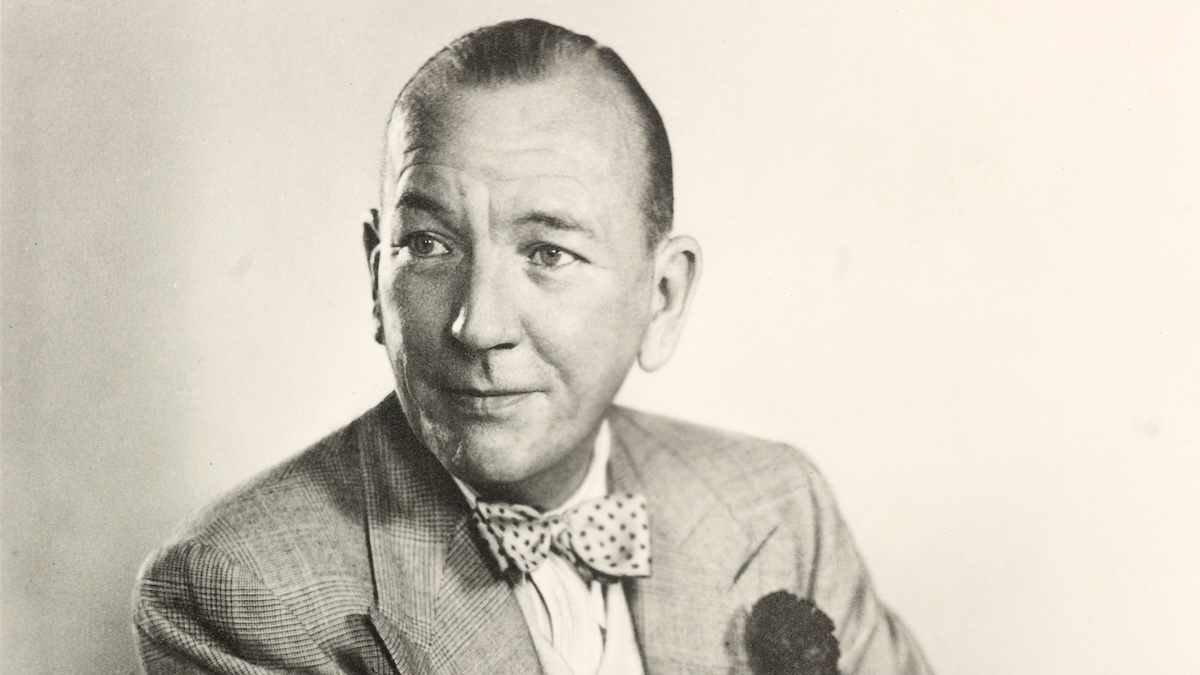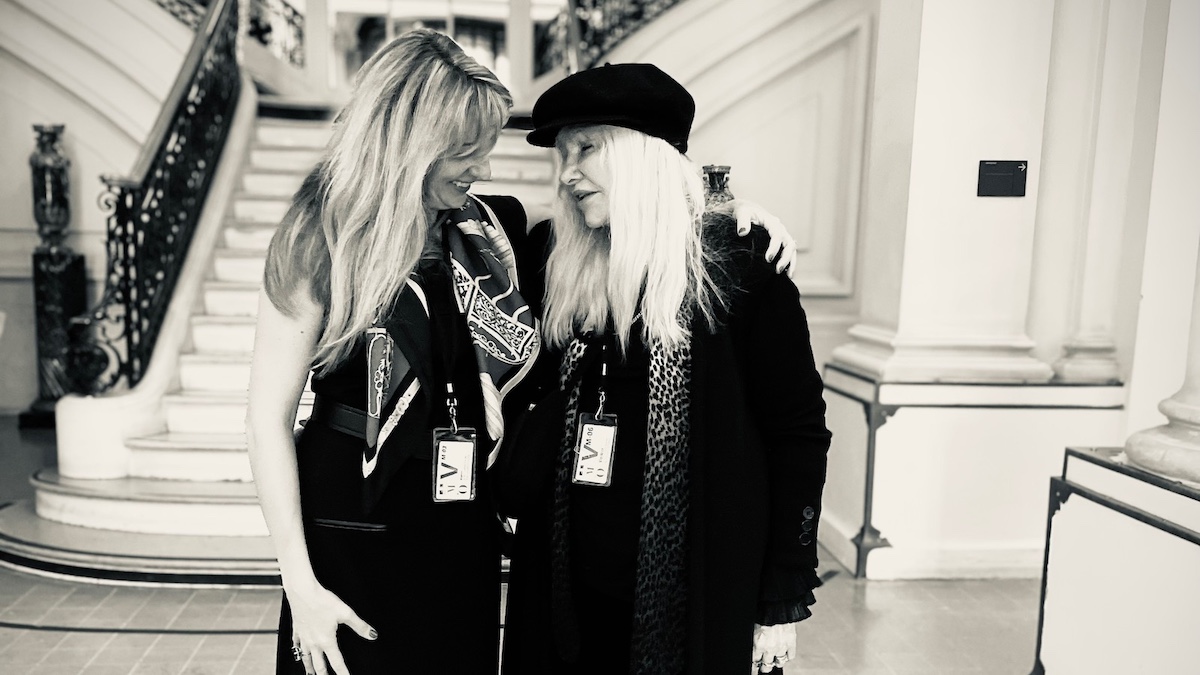
It has been almost five years since scriptwriter Michael Golamco moved his office from Chicago to Los Angeles, from behind the curtains of Second Stage Theatre to the Grimm writers’ room. These are two worlds that separate theatre and television; worlds that differ from filling mezzanines to filling primetime, and from making it into Playbill to making it into Variety. And yet, what Golamco is starting to learn though is that maybe these worlds aren’t so different after all.
As television pools into its second wave of the Golden Age, programs like The Wire, Breaking Bad, and Mad Man steer the medium further and further away from the original stage: the theatre. Yet, as the space widens, more and more people are shuffling from one sphere to the other, filing in from New York City and Chicago to fill Hollywood’s writers’ rooms. And they’re learning that their skills from one world are coming into play in the other.
When it comes to most scriptwriters, the draw to television is more physiological than the rush of creating character arcs and building plot development; often, it is financial. How will you make a living in theatre? It’s a common question for anyone working in the industry. Yes, there are grants and fellowships and keeping eyes on bigger productions means keeping eyes on a bigger income.
As a playwright, the most Golamco ever made in a year was $40,000 — and this was with fellowships and productions. But Golamco, like so many of today’s playwrights, spotted another way to supplement his income and, in turn, quadruple his salary: write for television. His first move was to pick up a new manager, one who had a reputation for working with playwrights. Golamco pitched him thirty ideas — that’s okay, this could work, you should be embarrassed you said that — and together, they whittled 30 stories down to nine, and nine down to six. Golamco chose three ideas, wrote two pilots, sold one, Tallahassee, to ABC and shopped around the other sample until it landed him a gig with Grimm, a show about a homicide detective who fights supernatural forces. The perks were instant: a regular paycheck, a new group of talented, exciting people to meet, free lunch every day, and all the Diet Coke Golamco could ever drink. So, this was Hollywood.
Golamco went from putting on Year Zero, a comedic play about Cambodian genocide, to writing a series about fairytale werewolves. For him, this is the beauty of scripted television: There’s a place in it for everyone, and as Golamco made the transition, he learned that the skill sets from the big stage and the small screen are transplantable. From putting on his own productions, Golamco already knew how to work quickly, how to collaborate, how to run a rehearsal. When he works with actors while filming late at night on set in the middle of Portland, it’s like he’s back at the Geffen, smoothing a line of dialogue just before opening night. It’s about diplomacy and celerity, making strong choices and doing so quickly. Yet this is where the theatre toolkit stops being negotiable.
On stage, the playwright is the lord and master – or should be, at least. (Click to here to learn more on that.) What he or she says, that’s what should happen. In television, there are over a hundred more cooks in the kitchen, and the dynamic revolves on checks and balances.
In Grimm, Golamco and his team will write monster attacks or action scenes in a way that, at the time, seem completely innocuous. But when the production crew takes a look it may be too complicated to create, too time-sensitive, too expensive. Every change has a chain reaction, trickling down dominos of people and responsibilities, impacting the way everyone from casting directors to post-production coordinators to studio executives on how they do their jobs. For Golamco, this is the challenge for a writer: How does he maintain the virtue of the story he wants to tell through the process of getting through 1,000 people. For him, it’s learning to acknowledge when the process is helping the story and to deal with it when it’s hurting the heart of it. It’s not about control, but integrity.
For playwrights in television, it’s a new dynamic; but for playwrights in theatre, it’s a new craft. The bulk of today’s stories are fed through film and television, and the mediums are only making the audience smarter.
“When I think about theatre,” Golamco said, “I think about it in terms of the audience being primed to see a story — expect an inciting incident, a three-act structure.” Viewers know to stay on their toes, to question if the protagonist is really dead or a ghost. In a theatrical setting, rules of images don’t apply; the visual exists in the audience’s imagination, kneaded and molded by discussion afterward. But “afterward” now has a new definition; this is an audience that goes home and flips through their DVRs. There is a lot to be said for a story on stage, a play that unfolds slowly and meticulously, but today’s playwrights are up against Netflix and Hulu, movies that hit drama in the first few minutes, and television shows that start with what the story is about.
One of Golamco’s favorite new plays is Our Lady 121st Street; it opens with someone screaming, “What the fuck is wrong with this world?” What he loves about this play is how it hits the same urgency, the same note of excitement that drives television. There’s an energy with the cut to cut to — and this is what most plays are up against: lightning quick storytelling. It’s a fine line of being aware of these conventions, and playing with the rules of theatre and screenwriting to show an audience something they can’t get on Amazon Prime. There’s a certain power to theatre, but there is even more in using the vocabulary of film and television as a sidebar to tell a story on stage. Read plays. Read spec scripts. Read short stories and poetry. Read good materials and read bad ones. In doing so, writers only optimize their storytelling.
Stage to screen is a career move that has not only saved playwrights, but has also saved television. As the way stories are being told expands, the stories themselves evolve. In June, Golamco wrote an article for Samuel French that begs the question: What does it mean to be an Asian American, or what even makes a story Asian American? “Diversity is having a moment in television,” Golamco says now. Empire, Fresh off the Boat. Golamco just sold a pilot to NBC about supernatural elements and martial arts, big trouble in Little China. While pitching it, Golamco entered the room with headshots of a sample cast, diversity across the board. NBC loved it. These audiences have been long underserved and broadcast is actively seeking ways to reach them.
Diversity is a topic on everyone’s mind in television and theatre, and everyone is asking the same questions: How do we find new audiences? How do we broach it? Where are the playwrights? It’s important to tap into these audiences, but it’s even more important to get it right. In its third season, Grimm did an episode about an Aswang, a witch ghoul rooted in Filipino folklore. Brenna, a Latina woman on the show’s staff, wrote the episode. While they were in the writer’s room, they gave attention to the little details — these were what made all the difference. For example, ‘Aswang’ in i
ts plural is not ‘Aswangs,’ just ‘Aswang,’ the way ‘deer’ is not ‘deers.’ Golamco, Brenna, and the staff took the time to make sure this grammar was consistent and correct throughout the script. It was a small note, but for the Filipino-American audience, a necessary one. Television is, and has always, been about creating connections like these. Perpetuating this relationship is not just about bringing in different kinds of writers — playwrights, novelists, poets — but different kinds of people.
So many of these writers have landed in Los Angeles. Almost every playwright Golamco knew in New York now writes for television. “It’s a little sad,” Golamco says, “but it’s beneficial all around.” As much as Golamco misses playwriting, a theatre world does thrive in Los Angeles: South Coast Repertory, Geffen Playhouse, and Center Theatre Group are all producing great pieces. Independent works in black box theaters are scattered throughout the city. However, despite the promise of theatre, this is still a different city, a different industry.
In New York and Chicago theatre, the art form is the product, but in Hollywood, the product is getting casting directors to see the show — a premediated yet unofficial audition for a guest role in Law and Order. Theatre in Los Angeles is so often diluted by film and television; it does not stand alone as an industry here. While Golamco is not working on a stage project at the moment, he stays involved with the community by helping others — throwing cash at Kickstarters, helping people get their work moving and out there, seeing a play when he can. As a staff writer on a big network show, hiatuses do not grant him the time he needs to put on a production.
“But the industry is changing,” Golamco says. Seasons are getting shorter; the standard 20-odd episodes per season are whittling to 10 to 13, giving writers the time and financial resources to use longer breaks to workshop their plays. Another option? Write television for a year, save the earnings, and then work as a playwright the next year. Working in television does not mean playwrights have to abandon working in theatre; it’s all self-designated. It’s all narrative.
With theatre, it’s so engrained in writers to work within the laws, constraints, and logic of the stage, but when writing for television, it’s about thinking in beats, building momentum through the A Story, the B Story, the C. Golamco’s advice? Put the stage-centered instincts in boxes and store them away. Write two samples, a spec of an existing show to submit for studio fellowships, and an original pilot, something that shows narrative voice, interest in characters and genres. An original piece is an indicator of a manager or an agent’s biggest question: Do you have a good grasp on the fundamentals of television writing? And more important than impressing a manager, find a great one who will take the time to develop the stories and develop you as a writer. Hollywood is an industry filled with great people who want to help.
Golamco wraps up our conversation with the advice to be yourself to the fullest extent possible. Be a good person who is fun and easy to work with, who makes quick decisions and acts on them. This is the type of writer people want to work with. Be the first one in and the last one out. Sit somewhere you can be seen. Leave others with a smile when they think of you because — and remember this — the flood is already on its way; every show ends. Always be writing and saving and creating and collaborating. It’s easy to get complacent when your payday is on a fixed schedule and health care isn’t a concern and you never have to pay for Diet Coke again.
“There’s no biological imperative,” Golamco says, to go beyond the tasks at hand. But as a writer, you have to. Be a storyteller, you have to. Be visible, be you, and always be building your arc.
For the rest of our Stage to Screen Series, click here.

Noël Coward’s Travels

Kate Chopin in New Orleans: Mother-Daughter Author Duo Collaborate on Historical Book

